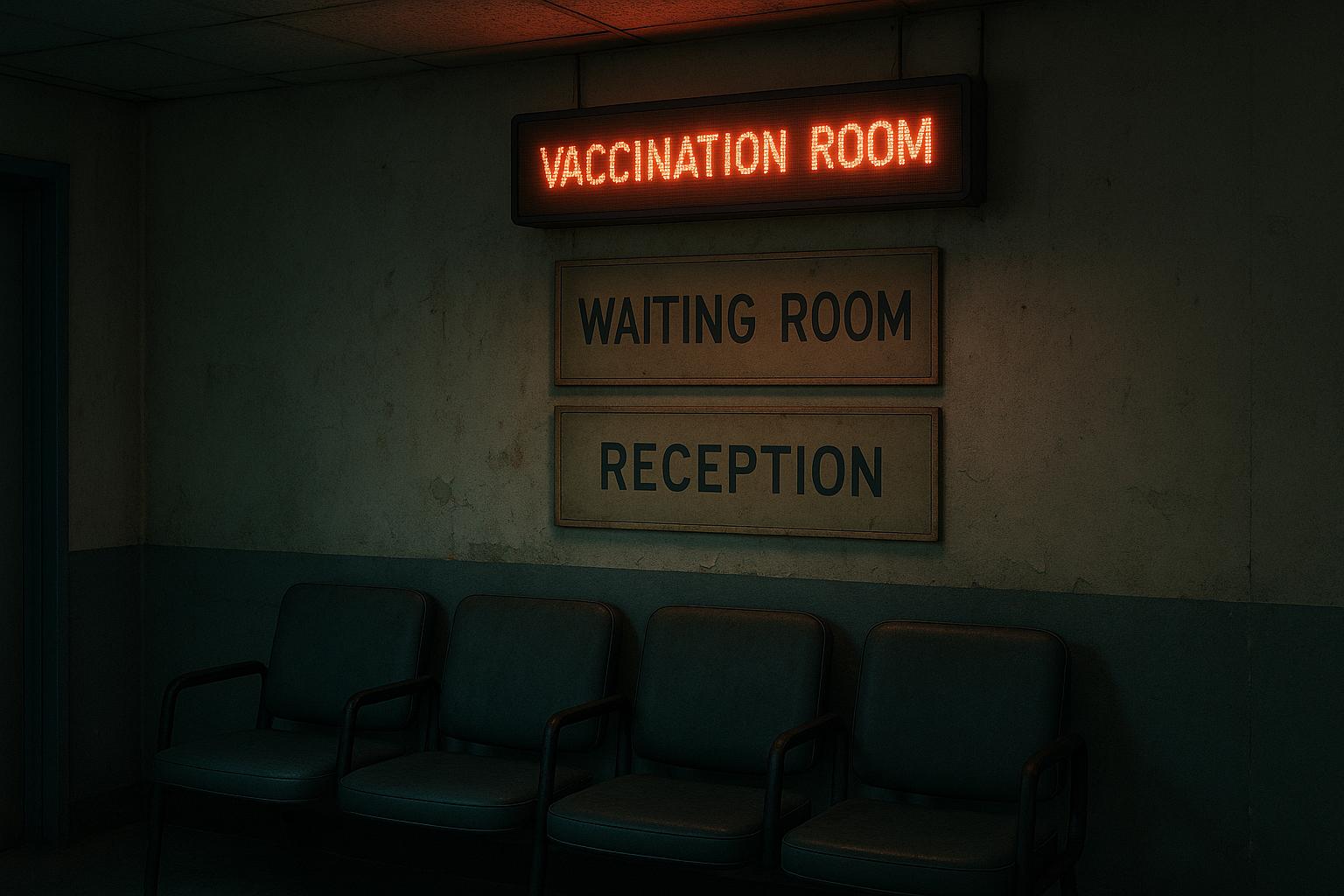As Covid-19 cases rise once more in the UK, the NHS has issued urgent guidance advising individuals with certain symptoms to seek prompt medical attention either through an urgent GP appointment or by contacting NHS 111. This comes amid the increasing prevalence of the XFG variant, which is steadily becoming the dominant strain of the virus nationally.
Recent data from the UK Health Security Agency (UKHSA) reveals a worrying trend: Covid-19 positivity rates climbed from 7.6% to 8.4% over the span of a week in late September, alongside a rise in hospital admissions from 2 to 2.73 per 100,000 people. Flu infections are also on the rise as the country heads into the colder months, creating increased pressure on healthcare services. In response, public health officials are encouraging vaccination campaigns to bolster immunity against Covid-19, flu, and RSV. According to Dr Jamie Lopez Bernal, a Consultant Epidemiologist at UKHSA, winter vaccines offer the best protection during this seasonal surge and eligible groups are urged to receive their jabs promptly.
The NHS highlights a broad spectrum of Covid-19 symptoms, which can range from blocked or runny nose, sore throat, and headache to more severe signs like shortness of breath, persistent high temperature, and new continuous cough. While many patients experience symptom improvement within weeks without medical intervention, the NHS specifically instructs individuals to seek urgent care if symptoms worsen or do not respond to treatment such as paracetamol, or if they exhibit additional warning signs including rash, loss of appetite, or prolonged high fever—particularly in young children where specific temperature thresholds prompt immediate concern.
For those uncertain about the severity of symptoms or how to proceed, the NHS 111 service remains a vital resource. Accessible by phone and online, NHS 111 provides tailored advice based on symptom assessments and can direct patients to appropriate levels of care ranging from self-management at home to urgent medical attention or emergency services if necessary. The system is designed to reduce unnecessary pressure on GPs and hospital A&E departments while ensuring timely care for those who need it most.
Government health guidelines reiterate preventive measures to curb viral transmission, including wearing face coverings in public spaces, especially indoors, practising regular hand hygiene, and responsibly disposing of used tissues. These simple acts can significantly slow the spread of respiratory illnesses during times of heightened viral circulation.
General practices across England are also encouraged to utilise established communication toolkits to manage patient inquiries effectively and maintain safety amid rising infection rates. This ensures efficient appointment handling, clear public messaging, and adherence to evolving public health protocols, supporting both patient care and infection control within healthcare settings.
As the nation faces a resurgence of Covid-19 combined with seasonal flu threats, the NHS’s call to remain vigilant, get vaccinated, and seek timely medical advice underscores the continuing challenges of public health management in the pandemic’s ongoing phase.
📌 Reference Map:
- Paragraph 1 – [1] (Plymouth Herald)
- Paragraph 2 – [1] (Plymouth Herald)
- Paragraph 3 – [1] (Plymouth Herald), [6] (NHS UK)
- Paragraph 4 – [2] (NHS UK), [3] (NHS 111), [4] (NHS Gloucestershire)
- Paragraph 5 – [1] (Plymouth Herald), [6] (NHS UK)
- Paragraph 6 – [5] (NHS England)
Source: Noah Wire Services
